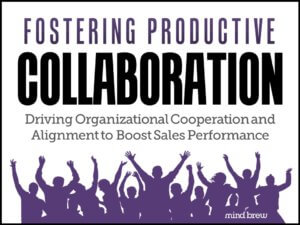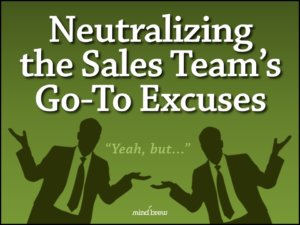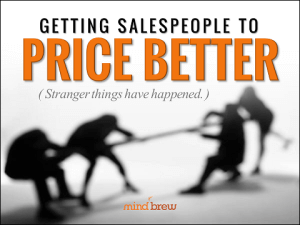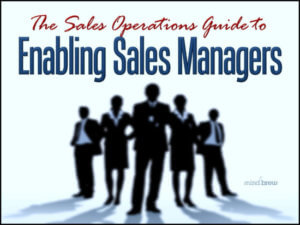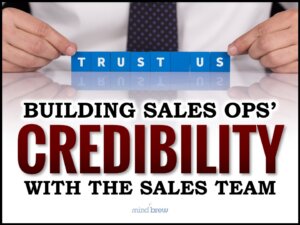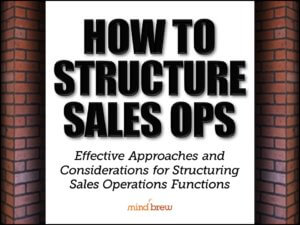From a certain perspective, human beings seem to need an enemy.
People never work together as well as when they are all trying to combat the same thing. It gives them drive. Purpose. A reason to get up in the morning.
Leaders sometimes take advantage of this aspect of human nature. History shows us that they often try to focus their constituents on someone or something that they paint as the source of all their problems. Often, that enemy is another country. But if they don’t have a handy nation-state to fight, politicians might declare war on poverty or war on drugs or war on crime or war on some other aspect of society that they think citizens will want to change.
Zen master Thich Nhat Hanh might have explained this phenomenon best when he said, “In order to rally people, governments need enemies… If they do not have a real enemy, they will invent one in order to mobilize us.”
Frequently, you can see this need for an enemy within companies — with mixed results.
If your whole organization is working together to combat a societal ill or even to overcome the competition, this can be a good thing.
But when groups start to see other teams in the same organization as the enemy, it can be very, very bad.
Within Sales Ops teams, the most natural foe is often the salespeople. After all, sales is the one group most responsible for thwarting Sales Ops efforts and plans. The two groups think in very different ways. Sometimes it may seem like you don’t even speak the same language.
And truth be told, salespeople often feel the same way about Sales Ops. They can sometimes see Sales Ops with all of their numbers and analysis as getting in the way of selling. Some might also expect Sales Ops to play a much more tactical–on call to help them do whatever the salespeople need to help them close a deal.
Very quickly, this can escalate into a negative spiral. Sales Ops points the finger at salespeople. Salespeople point the finger at Sales Ops. It may never boil over into open hostility, but the two teams might silently seethe with unexpressed resentments that go on for years.
When we’re seen this pattern emerge, we’ve also noticed another commonality: it almost certainly won’t be the sales team that breaks the cycle.
People who are drawn to the sales role are often very independent. While they need the assistance of other people in their organization to be successful, they might not recognize that fact themselves.
If you see some warning signs of this kind of trouble brewing at your company, your Sales Ops team is probably going to have to “be the bigger person” and make the first move to end things.
We don’t want to suggest that this is easy or fun. It probably won’t be. Especially at first. And especially if you are already harboring some ill feelings.
But we have quite a few resources that can help you better understand salespeople and foster a better relationship:
- Fostering Productive Collaboration lays out the the 8 key ingredients for effective cross-functional collaboration to help improve sales performance.
- Neutralizing the Sales Team’s Go-To Excuses discusses how to manage the finger-pointing when sales provides “explanations” for poor sales performance
- Getting Salespeople to Price Better delves into how other top teams have been able to get their salespeople to price and discount more effectively.
- The Sales Ops Guide to Enabling Sales Managers explains how to influence sales managers and drive performance improvements at-scale.
Hopefully, Sales Ops and sales can both focus on your true external enemy — whether that’s the competition or the conditions your company is trying to improve (or both). You probably won’t be able to eliminate the human tendency to look for an enemy. But hopefully you can harness this tendency for something good.

